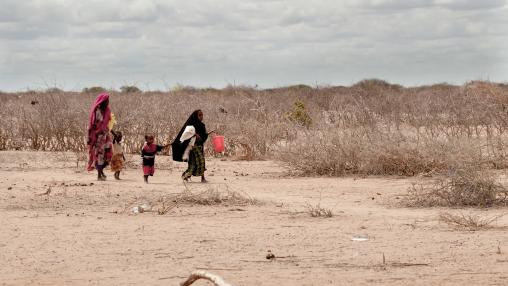
Global Report on Food Crises Midyear Update: SSA Continues to Grapple with High Levels of Acute Food Insecurity
While some countries in Africa South of the Sahara have seen improvements in food security in 2023, the region as a whole continues to be plagued by food crises, according to the Global Report on Food Crises (GRFC) 2023 Midyear Update. East Africa has been the hardest hit, with nearly 65 million people in the region having experienced high levels of acute food insecurity in the first half of 2023, up 8 million from 2022.
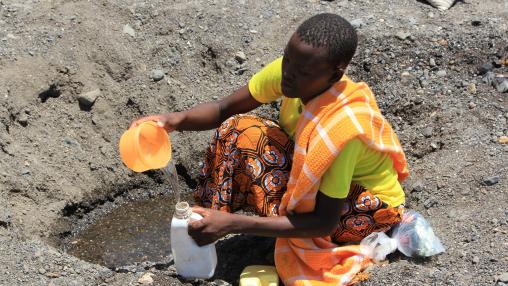
Horn of Africa Continues to Face Acute Food Insecurity, Malnutrition, and Hunger
The Horn of Africa continues to face severe food insecurity, reduced livelihoods, and hunger-related deaths as a result of several years of drought and failed harvests, according to FEWS Net. The hardest hit regions include Somalia, Sudan, the arid and semi-arid regions of Kenya, and southern and southeastern Ethiopia. The situation has been further exacerbated in Sudan and Ethiopia by ongoing conflict.
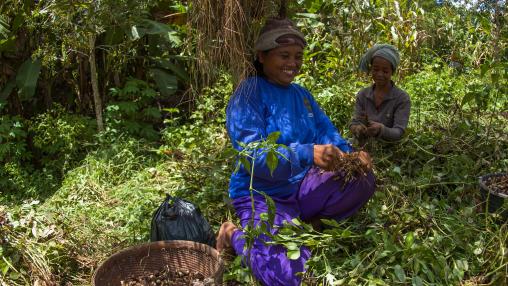
Climate-Smart Agriculture in West Africa
The challenges of climate change and food security are closely intertwined, with agriculture both driving and being impacted by extreme weather events. Policymakers around the globe are faced with the need to increase food production to feed growing populations while reducing that production’s negative impacts on the environment. According to a recent article in Global Environmental Change, climate-smart agriculture (CSA) provides an effective way to enhance countries’ climate resilience while simultaneously ensuring food and nutrition security.
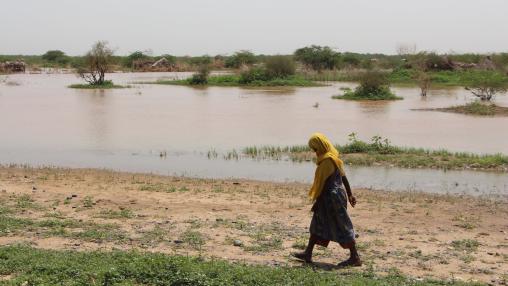
122 Million More People Were Hungry in 2022: 2023 SOFI Report Released
The number of people facing hunger around the world has increased by more than 122 million from 2019, according to the newly released annual State of Food Security and Nutrition in the World (SOFI) report, , a joint publication by the UN Food and Agriculture Organization (FAO), International Fund for Agricultural Development (IFAD), UNICEF, World Food Programme, and World Health Organization (WHO).
Research Findings on Resilience & Social Cohesion in Burkina Faso and Niger
Security in the Sahel is deteriorating rapidly. The number of violent events jumped from 580 in 2018 to over 1,000 in the first half of 2022 alone. Associated fatalities are also up dramatically, from about 2,800 fatalities to almost 6,500. Insecurity is also becoming more widespread, especially in Burkina Faso, Mali, and Niger. As a result, people are fleeing their homes – the region now hosts over 3 million internally displaced people and over 1 million refugees and asylum seekers.

Bringing back neglected crops: A food and climate solution for Africa
As the food and climate crises continue to cause suffering around the world, one under-appreciated solution—neglected crops—could be a powerful tool to alleviate both crises in one of the worst affected regions: Africa.
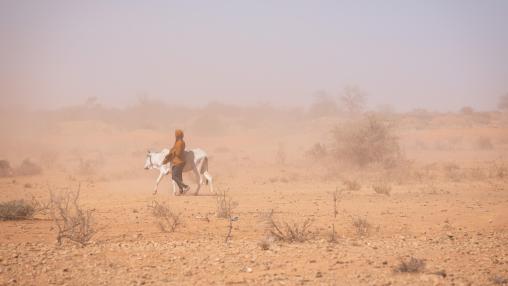
Ethiopia Remains in Need of Urgent Food Aid
While the record-breaking drought of 2020-2023 has eased and conflict in the region has largely ended, Ethiopia remains in need of significant humanitarian and food aid, according to a May report from FEWS Net. Populations in the northern Tigray region and the southeastern Oromia and Somalia regions continue to experience IPC Phase 3 (Crisis) and Phase 4 (Emergency) food insecurity, which could worsen even further in the upcoming lean season.
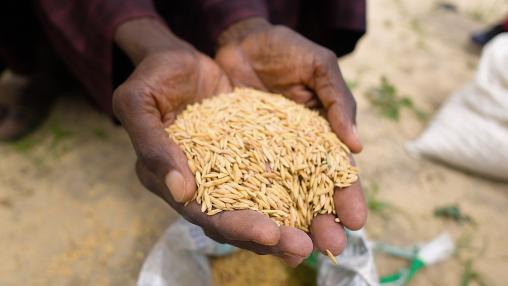
How to achieve food system transformation to prevent future food crises
With multiple crises plaguing food systems across the globe, Africa south of the Sahara remains particularly hard hit. As a result, policymakers and development partners in the region are faced with the need to balance sometimes conflicting priorities: ending hunger and reducing poverty, making diets healthier and more affordable, improving the productivity and livelihoods of smallholder households, and adapting to and mitigating the impacts of climate change.
Sustainable Food Systems: Mainstreaming Natural Resource Management
Crafting sustainable food systems (SFS) that nourish people and the planet is the imperative of our time. Agriculture and food systems are essential to human survival and are severely threatened by climate change, natural resource degradation and loss of biological diversity. Concurrently, agricultural extensification and unsustainable farming practices accelerate climate change and threaten the ecosystems and many of the natural resources upon which food security depends. Every aspect of these linked problems involves the management of natural resources.
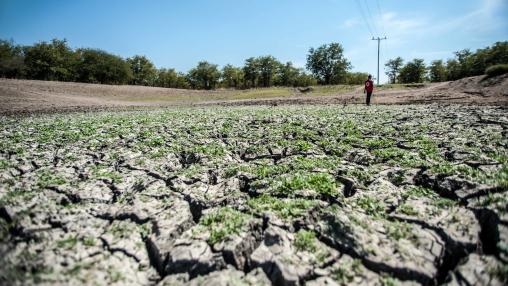
Acute Food Insecurity Rampant in Africa South of the Sahara: GRFC Released